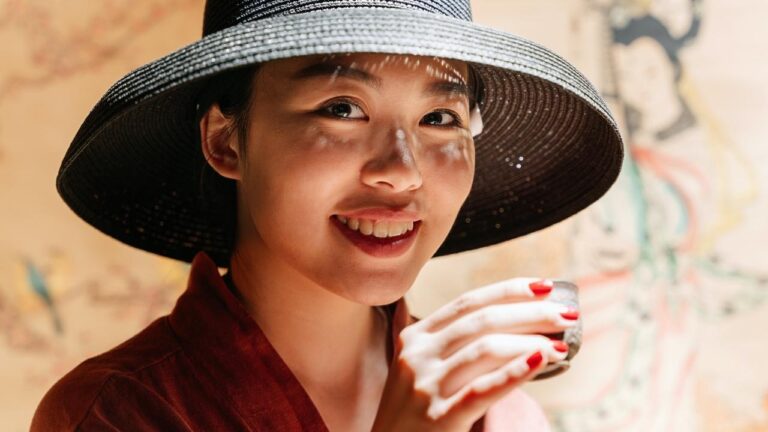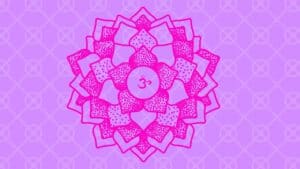
In Japan, serving tea is a spiritual practise as well as a work of pure, refined art. Chado, the preparation and serving of Matcha (powdered green tea) to guests, is a Japanese cultural custom primarily influenced by Zen Buddhism. Focusing on the ‘present’ and paying close attention to the ritual has always been central to the tea ceremony.
A master by the name of Sen no Rikyu turned the tea ceremony into an art form some 400 years ago. As a kind of art, the tea ceremony is a lovely opportunity to appreciate the simplicity of the tea room, the sensation of holding the chawan (tea bowl) in one’s hands, the unique company of others, and a peaceful moment of purity.
Mindfulness - Paying Attention
Zen practise requires mindfulness, and so it went when making and consuming tea. Zen monks gradually incorporated tea into their daily lives, paying close attention to every aspect of its production and usage.
The teishu (host) performs the ceremony itself, which is a complex performance. Everyone in attendance must pay close attention to the ritual, remembering that it is a once-in-a-lifetime opportunity and that it is ichi-go ichi-e (one time, one meeting). Some tea ceremonies can even run up to four hours.
Chado: The Tea Ceremony
While there are many variables in a traditional tea ceremony, it is typical for the guests to wash their hands and mouths, removing their shoes and then entering the room. The host cleans the tea accessories and starts a charcoal fire to heat water in a kettle. The host then uses a bamboo whisk to combine the water and tea powder. To fully take part in the ceremony, the guests should pay attention to these ritualised actions.
Guests drink tea from a single bowl that is ritualistically shared among them. Every action has a specific way to be done, including bowing, speaking, and handling the bowl. When participants are fully involved, the ritual creates a deep closeness with oneself and the other participants, as well as a non-dualistic consciousness, immense tranquilly, and clarity.
The Four Core Principles Of Chado
There are four guiding principles associated with Chado, and they are harmony, respect, purity, and tranquilly (Wa, Kei, Sei, and Jaku). The goal of Chado is to experience and apply these ideas in one’s everyday life.
Wa, which means ‘harmony’, represents the sense of harmony between both people and nature. Positive interactions between hosts and guests, as well as between guests, is how it is conveyed. Through a manner of life free from the need to impress, compete, or dominate, it extends beyond the tea room and allows for the fusion and transcendence of individual egos and roles.
Kei, which means ‘respect’, is the capacity to comprehend and accept people, even when one does not share their viewpoints. By treating people with respect and showing them kindness, we inspire others to act similarly. Besides the human work put into making them, respect is also shown for items and utensils for the simple reason that they are created by nature.
Sei, or ‘purity’ is the ability to treat oneself and others with a pure and open heart. It also refers to the ceremonial purity of the setting and utensils. This purity is a purity of intention rather than one of perfect cleanliness. One’s heart and spirit are also being purified from the time of intention-setting, through the process of cleansing and cleanliness of the environment, up to the savouring and admiring of one’s effort.
Jaku, or ‘tranquility’, comes naturally because of adhering to the previous three principles of harmony, respect, and purity. This calmness should not be mistaken for some sort of dreamlike psychological condition. Instead, it stands for the dynamic force of one’s innermost being, which embraces and infuses the practise of tea by giving it significance. This dynamic force arises from the heart-felt realisation of each moment’s uniqueness.






































